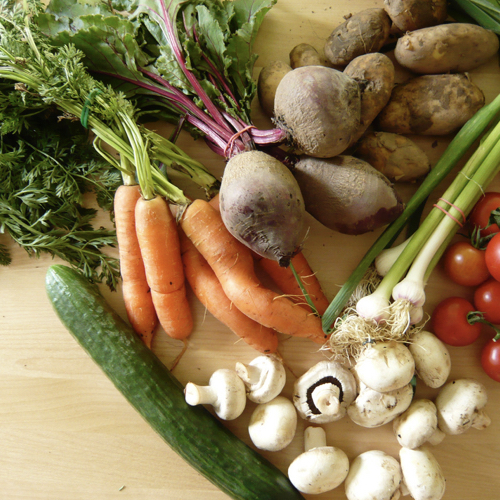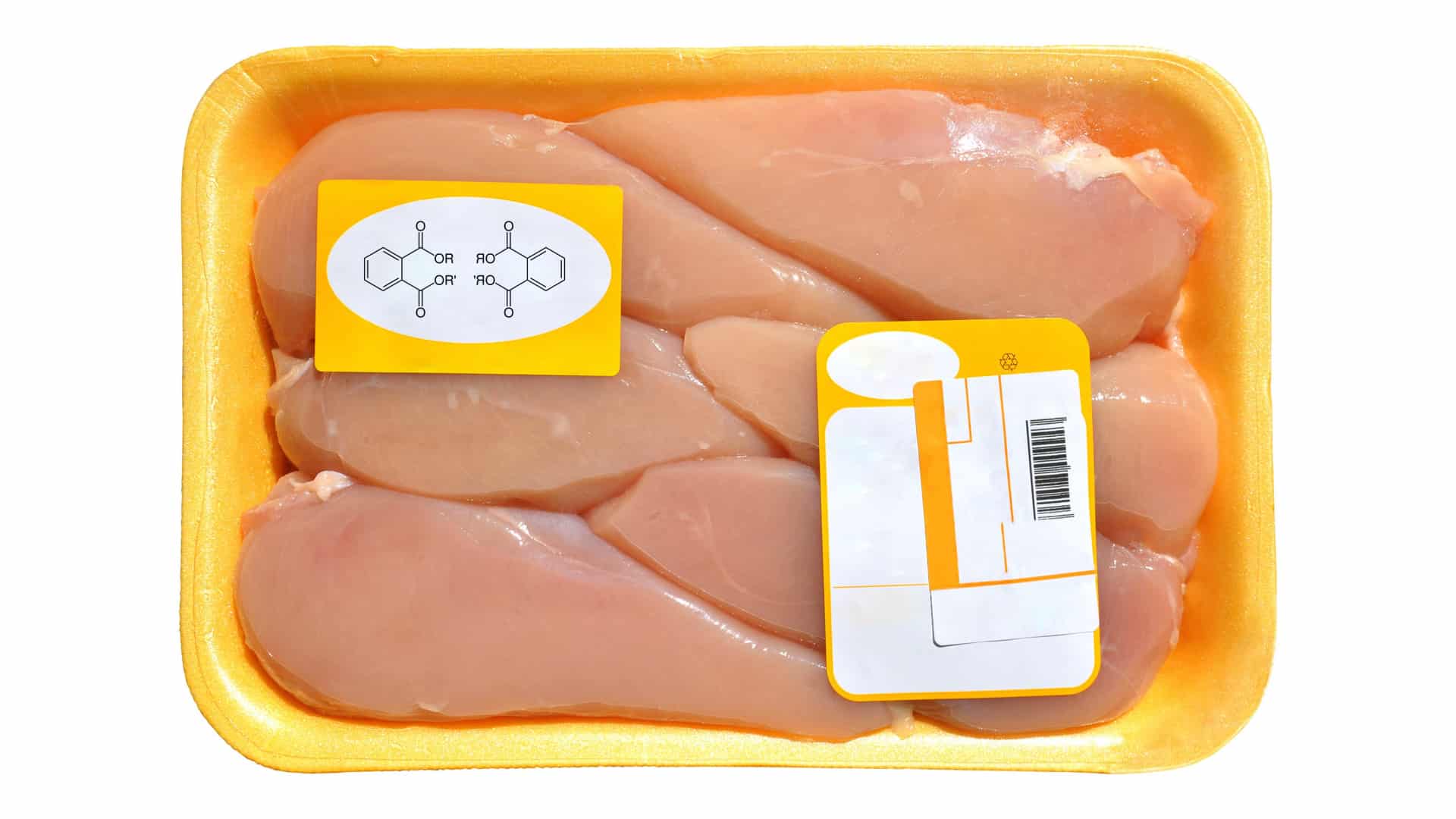
Organic Foods
Are organic foods healthier and safer? Learn more in our easy-to-understand videos on the latest research.
You may be surprised to learn that a review of hundreds of studies found that organic foods don’t seem to have significantly more vitamins and minerals. They do, however, appear to have more nontraditional nutrients, like polyphenol antioxidants, perhaps because conventionally grown plants given high-dose synthetic nitrogen fertilizers may divert more resources to growth rather than defense. This may be why organic berries, for example, appear to suppress cancer growth better than conventional berries in vitro.
Based on its elevated antioxidant levels, organic produce may be considered 20 to 40 percent healthier, the equivalent of adding one or two servings’ worth to a five-a-day regimen. But people don’t just buy organic foods because they’re healthier—what about safety?
Conventional produce appears to have twice the levels of cadmium, one of three toxic heavy metals in the food supply, along with mercury and lead. What about pesticide residues? Buying organic foods may reduce your exposure to pesticides, but not eliminate them entirely. Pesticide residues have reportedly been detected in 11 percent of organic crop samples due to accidental or fraudulent use, cross-contamination from neighboring nonorganic fields, or the lingering presence of persistent pollutants like DDT in the soil.
What about organic meat, eggs, and dairy? The USDA organic standards don’t allow these animals to be fed or injected with antibiotics or steroids. All foods of animal origin—organic or not—naturally contain sex steroid hormones, though, such as estrogen, but the hormones naturally found even in organic cow’s milk may play a role in acne, diminished male reproductive potential, and premature puberty. And, in a comparison between meat from animals raised conventionally versus organically, all conventional chicken samples were contaminated with multidrug-resistant bacteria, but the majority of organic samples were, too.
For substantiation of any statements of fact from the peer-reviewed medical literature, please see the associated videos below.
Image Credit: Jessica Spengler / Flickr. This image has been modified.
Popular Videos for Organic Foods

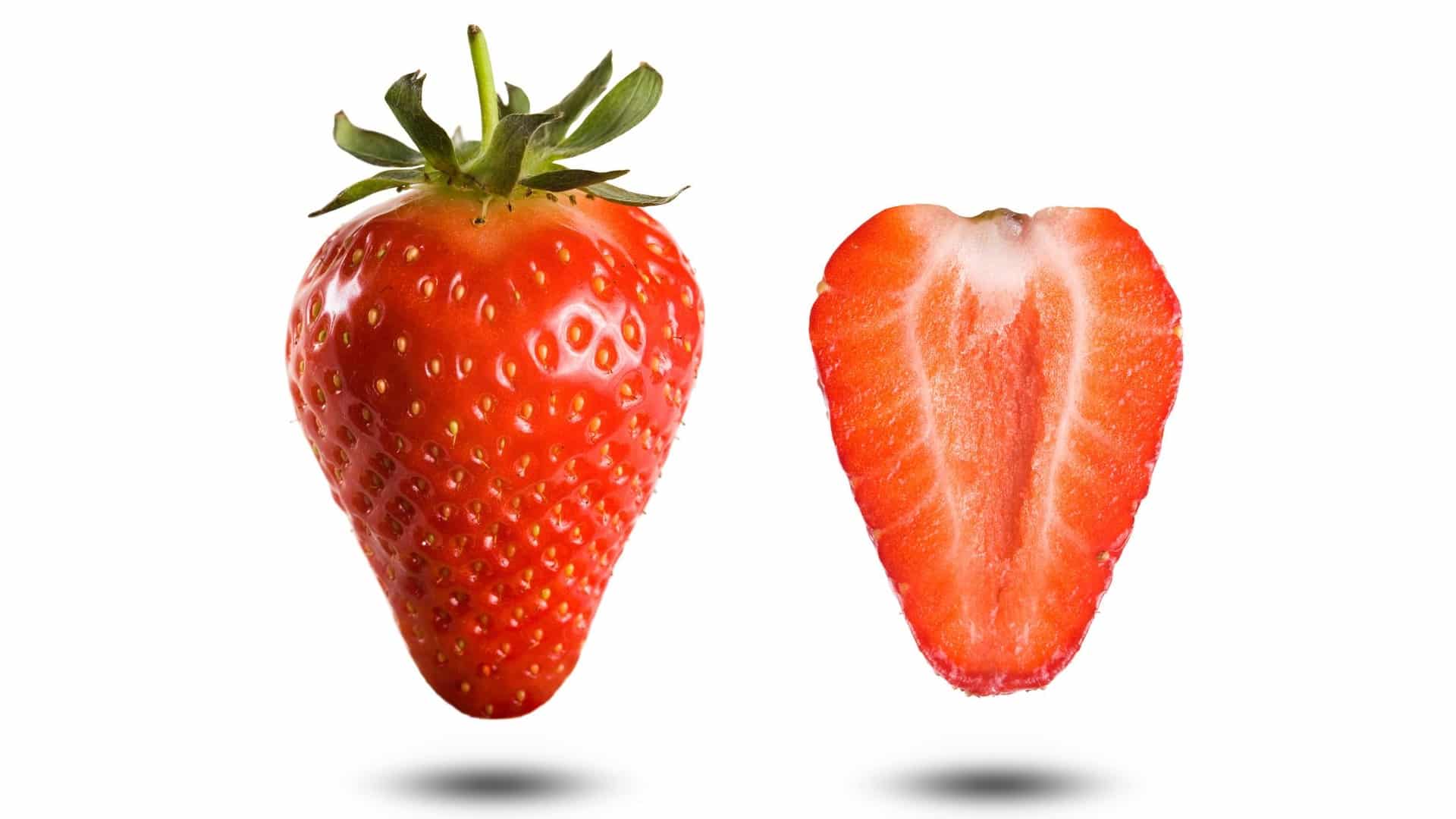
Are Organic Foods More Nutritious?
There appear to be no consistent differences in the level of vitamins and minerals in...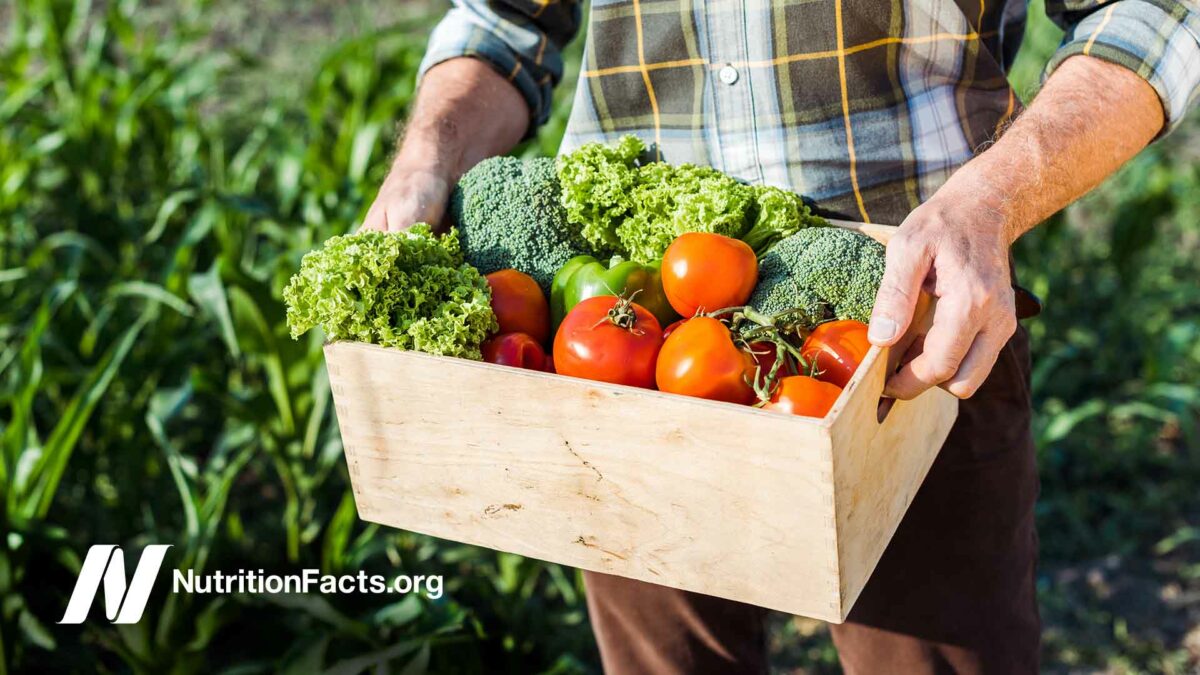
Are Organic Foods Safer?
Organic food consumption appears to reduce exposure to pesticide residues and antibiotic-resistant bacteria.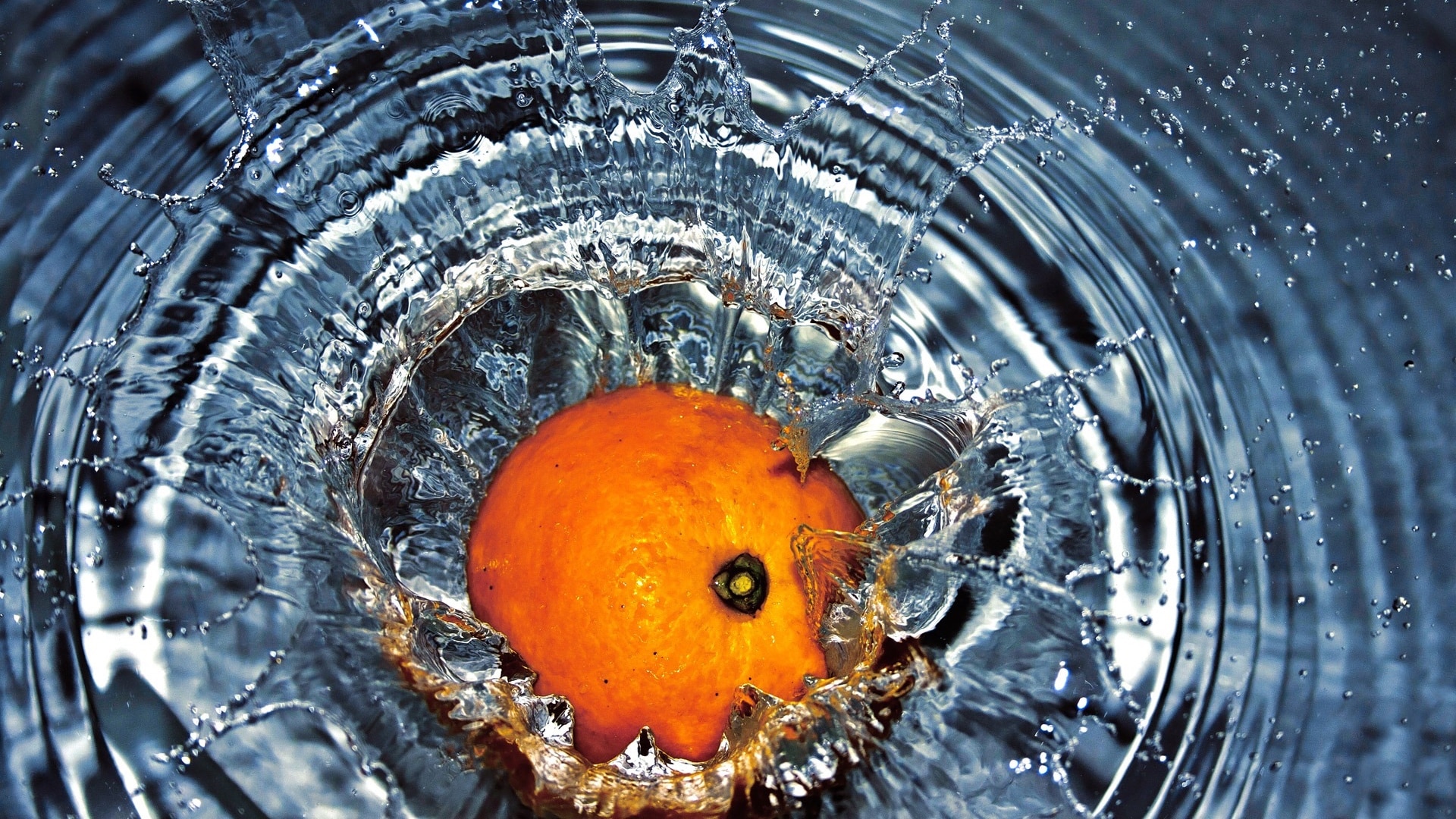
How to Make Your Own Fruit & Vegetable Wash
Commercial fruit and vegetable washes fail to work better than tap water, but there is...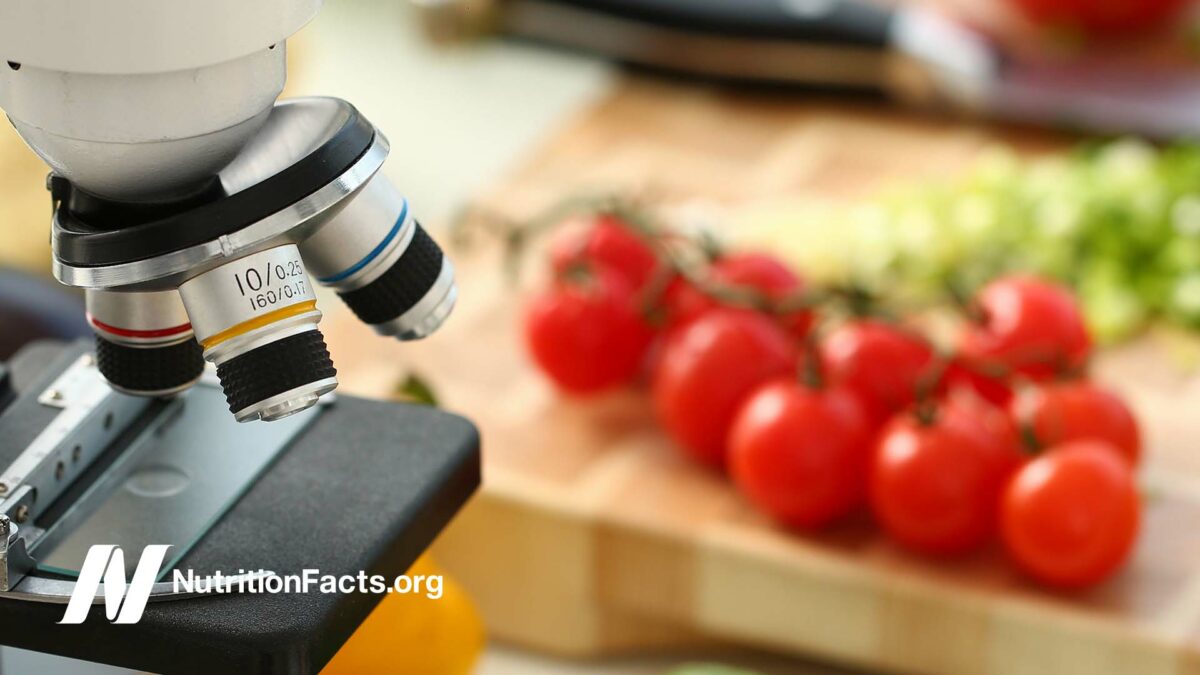
Are Organic Foods Healthier?
Test tube studies show advantages of organic produce, such as better cancer cell growth suppression,...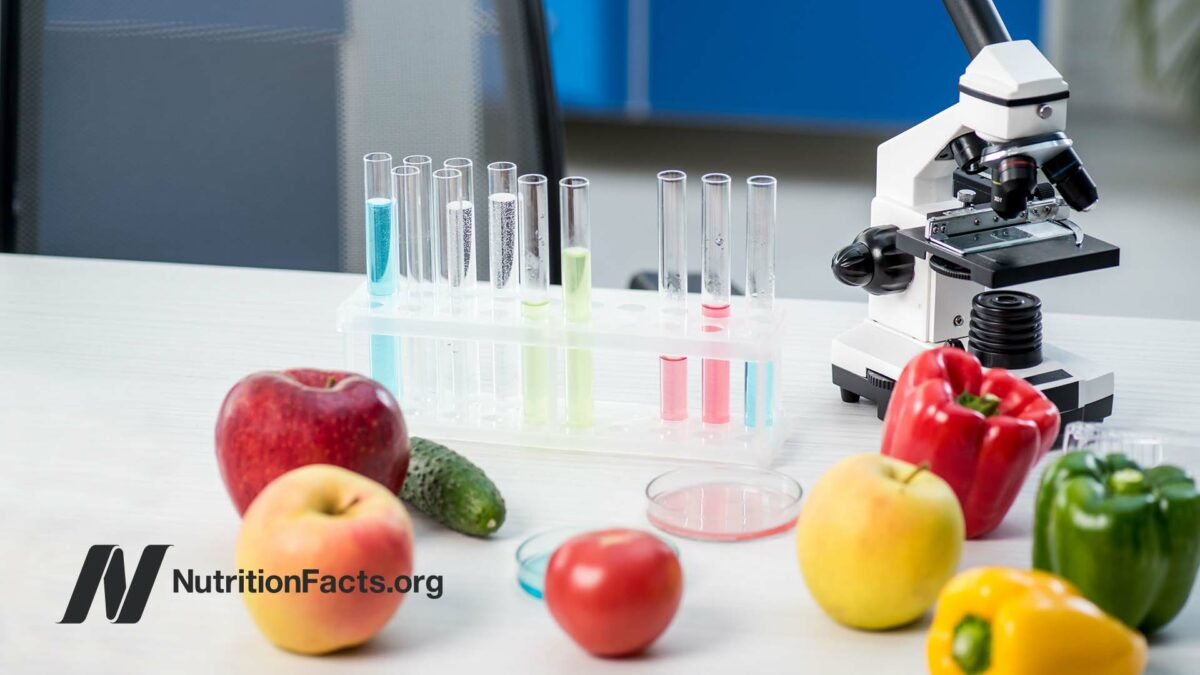
Are the Benefits of Organic Food Underrated or Overrated?
If we increased our consumption of conventionally-produced fruits and vegetables, how much cancer would be...
Is the Pesticide Glyphosate in Monsanto’s Roundup Safe?
Higher levels of pesticides on GMO soy is a concern since Monsanto’s Roundup has been...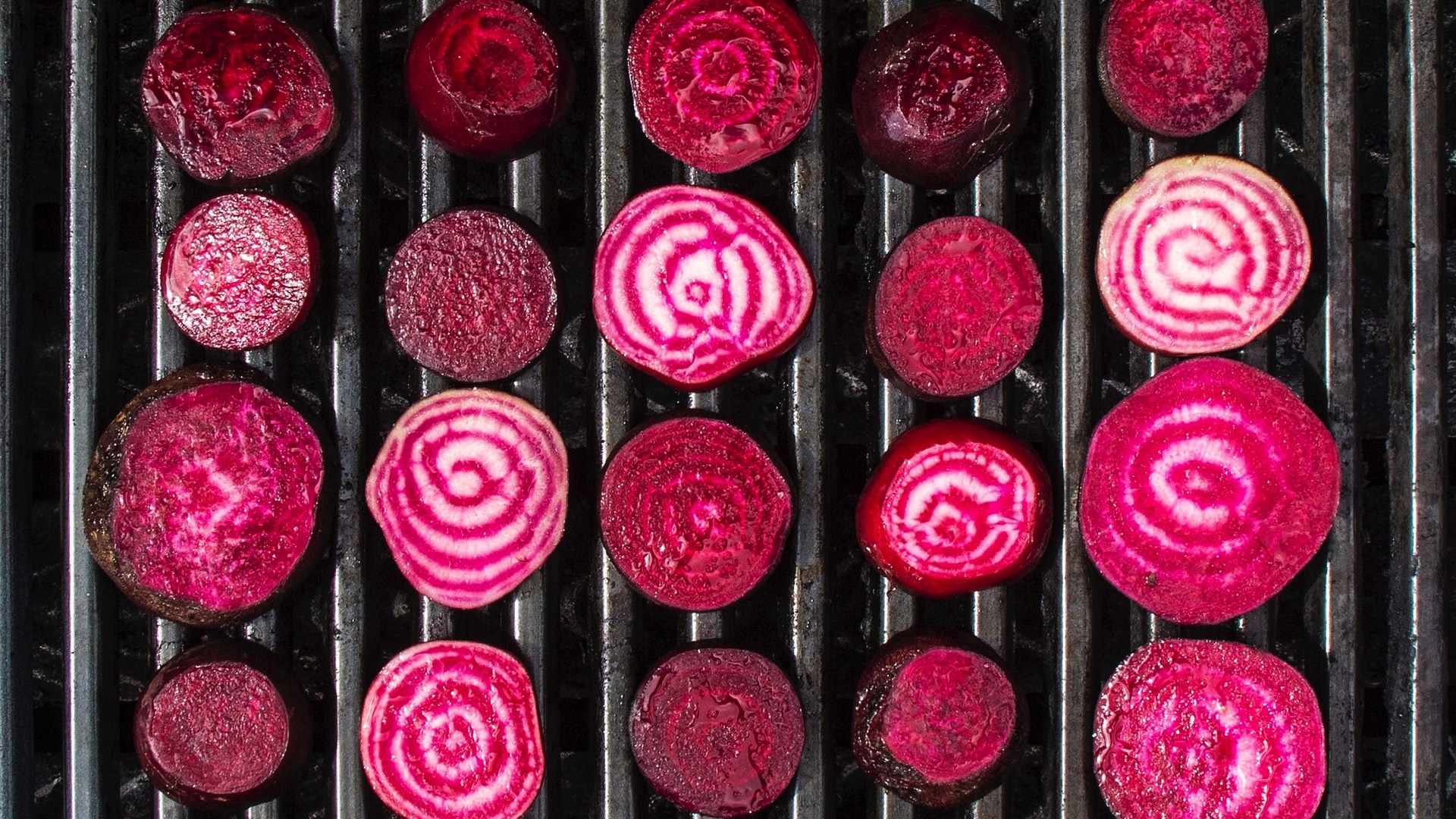
“Veg-Table” Dietary Nitrate Scoring Method
What is the optimal timing and dose of nitrate-containing vegetables, such as beets and spinach,...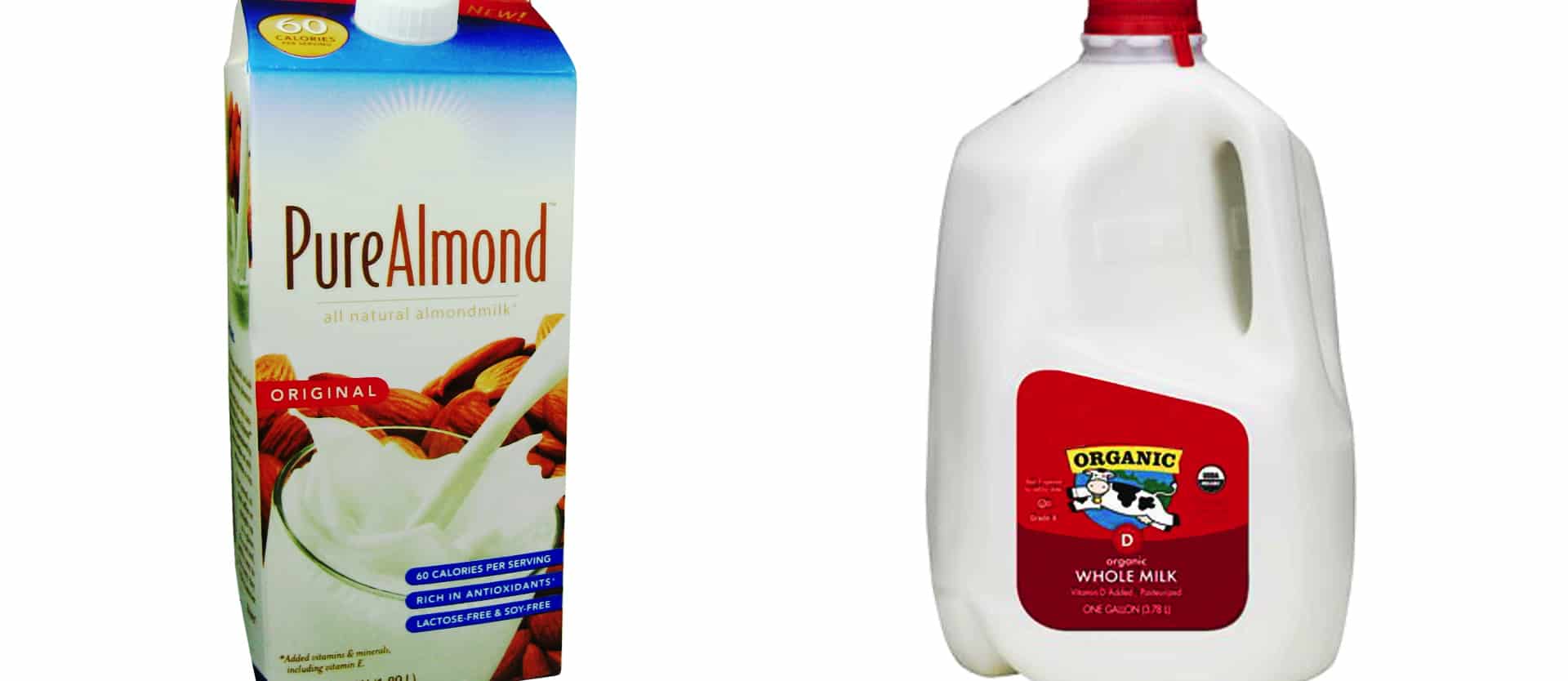
Prostate Cancer and Organic Milk vs. Almond Milk
Does the hormonal stimulation of human prostate cancer cells by cow milk in a petri...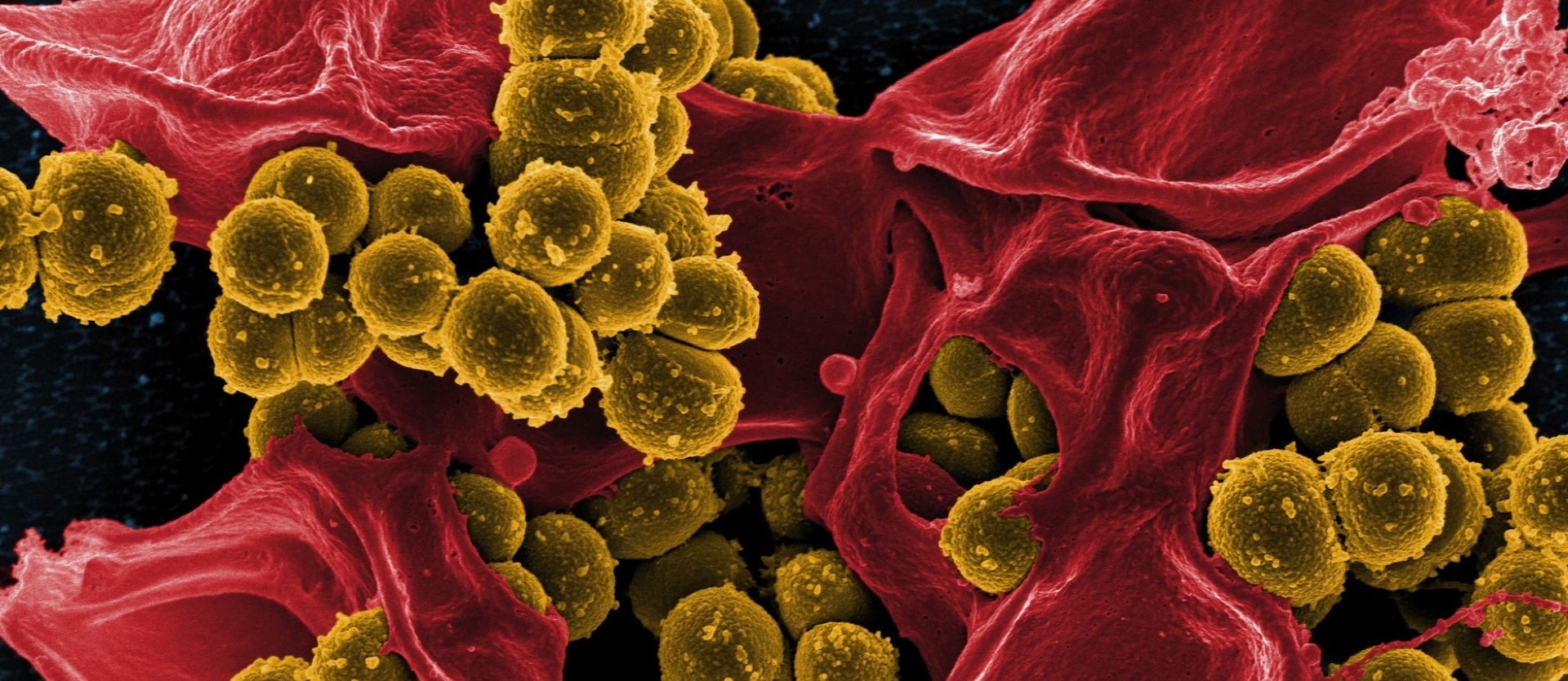
Superbugs in Conventional vs. Organic Chicken
The level of multidrug antibiotic-resistant bacteria contamination is compared between meat from animals raised conventionally,...All Videos for Organic Foods
-

The Side Effects of the Hormones in Milk
Within an hour of drinking dairy milk, blood levels of the estrogen estrone in men go up and testosterone goes down.
-

Pesticide Exposure and Hypospadias Birth Defects in Vegetarians
What role do vegetarian diets and organic foods play in the prevention or promotion of a birth defect called hypospadias?
-

The Best Dietary Detox
By eating at a lower rung on the food chain, those choosing plant-based diets suffer less exposure to the industrial pollutants that bioaccumulate up the ladder.
-

A Case of Stage 3 Cancer Reversal with Fasting
I go over a case report of water-only fasting, followed by a whole food, plant-based diet for follicular lymphoma.
-

Pesticides and Cancer Risk
Does choosing organic over conventional foods protect against cancer? The effects of pesticides on cancer risk.
-

Ochratoxin in Breakfast Cereals
One of the few food contaminants found at higher levels in those eating plant-based diets are mycotoxins, fungal toxins in moldy food ingredients, such as oats.
-

The Human Health Effects of Cultivated Meat: Chemical Safety
More than 95 percent of human exposure to industrial pollutants like dioxins and PCBs comes from fish, other meat, and dairy.
-

The Effects of Hormones in Dairy Milk on Cancer
What are the effects of the female sex hormones in milk on men, women, and children?
-

What About Kosher and Organic Chicken?
Comparing contamination rates for antibiotic-resistant E. coli and ExPEC bacteria that cause urinary tract infections
-

Is Organic Meat Less Carcinogenic?
Researchers tested 76 samples of different kinds of organic and conventional meats for 33 different carcinogens.
-

Carcinogens in Meat
What are the eight preparation methods to reduce exposure to carcinogens in cooked meat?
-

The Role of Pesticides and Pollution in Autism
What are the effects of smoking, pesticides, vaccine mercury, and air pollution on autistic spectrum disorder risk?
-

Culture Shock – Questioning the Efficacy and Safety of Probiotics
In certain medical conditions, probiotic supplements may actually make things worse.
-

Arsenic in Rice Milk, Rice Krispies, & Brown Rice Syrup
I recommend people switch away from using rice milk.
-

Which Brands & Sources of Rice Have the Least Arsenic?
Arsenic levels were tested in 5,800 rice samples from 25 countries.
-

Plants with Aspirin Aspirations
Should the active ingredient in aspirin be considered an essential vitamin?
-

What Diet Best Lowers Phthalate Exposure?
The highest levels of phthalates, hormone-disrupting plastics chemical pollutants, are found in meats, fats, and dairy.
-

Lead Contamination in Bone Broth
Organic chicken broth is popular with paleo diet advocates, but do tests indicate the presence of the toxic heavy metal lead?
-

Lead Contamination of Tea
How much green, white, black, and oolong tea can we consume before the benefits of tea start to be countered by the risks of lead contamination for children, pregnant women, and adults in general?
-

“Veg-Table” Dietary Nitrate Scoring Method
What is the optimal timing and dose of nitrate-containing vegetables, such as beets and spinach, for improving athletic performance?
-

Diet and Climate Change: Cooking Up a Storm
While epidemics of chronic disease are currently by far our leading causes of death, global warming is considered a looming public health threat. How can we eat to combat dietary diseases and greenhouse gas emissions at the same time?
-

Are the Benefits of Organic Food Underrated or Overrated?
If we increased our consumption of conventionally-produced fruits and vegetables, how much cancer would be prevented versus how much cancer might be caused by the additional pesticide exposure?
-

Are Organic Foods Healthier?
Test tube studies show advantages of organic produce, such as better cancer cell growth suppression, but what about in people, not Petri dishes?
-

How to Make Your Own Fruit & Vegetable Wash
Commercial fruit and vegetable washes fail to work better than tap water, but there is a cheap do-it-yourself solution that may completely eliminate certain pesticide residues.
-

Are Organic Foods Safer?
Organic food consumption appears to reduce exposure to pesticide residues and antibiotic-resistant bacteria.
-

Are Organic Foods More Nutritious?
There appear to be no consistent differences in the level of vitamins and minerals in organic versus conventionally grown produce, but organic fruits and vegetables have more phenolic phytonutrients.
-

Bowel Wars: Hydrogen Sulfide vs. Butyrate
Sulfur dioxide preservatives in dried fruit, sulfites in wine, and the putrefaction of undigested animal protein in the colon can release hydrogen sulfide, the rotten egg gas associated with inflammatory bowel disease.
-

Why Do Vegan Women Have 5x Fewer Twins?
The hormones naturally found in foods of animal origin may help explain why women who eat conventional diets are five times more likely to give birth to twins than those eating plant-based diets.
-

GMO Soy and Breast Cancer
The hormonal effects of the Roundup pesticide on GMO soy put into perspective.
-

Is the Pesticide Glyphosate in Monsanto’s Roundup Safe?
Higher levels of pesticides on GMO soy is a concern since Monsanto’s Roundup has been shown to have adverse effects on human placental tissue.
-

Are GMOs Safe? The Case of Roundup Ready Soy
Genetically engineered soybeans have significantly higher pesticide residues than organic or conventional non-GMO soy.
-

Are GMOs Safe? The Case of Bt Corn
So much of the information about genetically modified crops is wrong—on both sides of the debate. What does the best available evidence have to say about the human health implications of Bt corn?
-

Preventing Asthma with Fruits and Vegetables
A study involving more than a million kids suggests the striking worldwide variation in childhood rates of allergies, asthma, and eczema is related to diet.
-

How Many Cancers Have Been Caused by Arsenic-Laced Chicken?
Arsenic-containing drugs intentionally added to poultry feed to reduce the parasite burden and pinken the meat are apparently converted by cooking into carcinogenic inorganic arsenic compounds.
-

Norovirus Food Poisoning from Pesticides
Organic produce may present less of a food safety risk, given the potential contamination of pesticides with fecal pathogens.
-

Prostate Cancer and Organic Milk vs. Almond Milk
Does the hormonal stimulation of human prostate cancer cells by cow milk in a petri dish translate out clinically in studies of human populations?
-

Superbugs in Conventional vs. Organic Chicken
The level of multidrug antibiotic-resistant bacteria contamination is compared between meat from animals raised conventionally, and certified organic meat from animals raised without being fed antibiotics.
-

Dietary Prevention of Age-Related Macular Degeneration
Yellow plant pigments, such as lutein and zeaxanthin, build up in the back of our eyes to protect our retinas against age-related macular degeneration. Levels of these eyesight–saving nutrients in organic free-range eggs, vegetables, and goji berries are compared.
-

Apple Skin: Peeling Back Cancer
Apple peels appear to upregulate the tumor suppressor gene maspin, and have strong antiproliferative effects on breast and prostate cancer cell growth in vitro.
-

Yersinia in Pork
This week Consumer Reports released a study showing the majority of retail pork tested was contaminated with antibiotic-resistant strains of the foodborne bacteria Yersinia enterocolitica.
